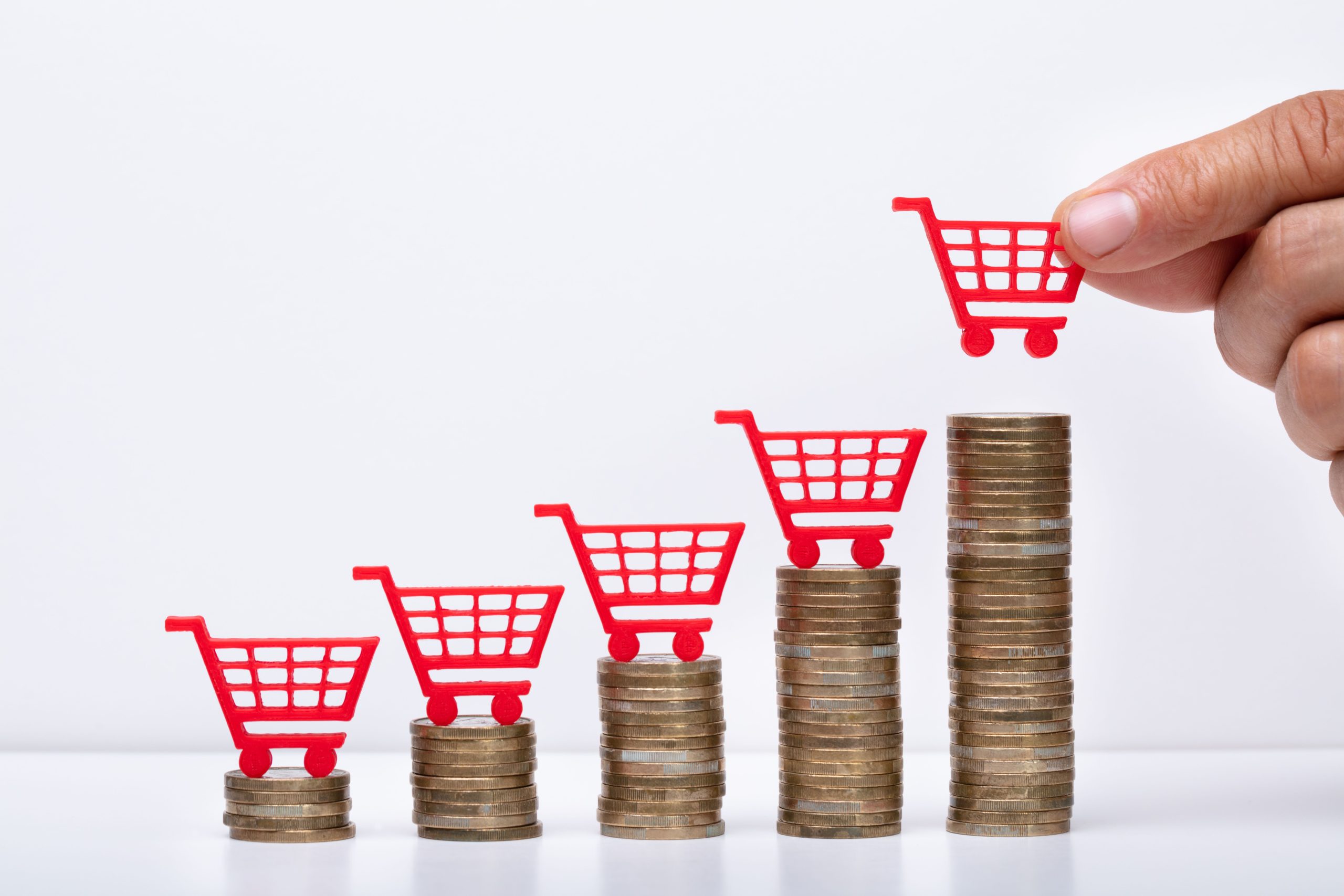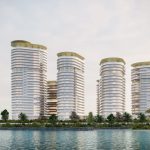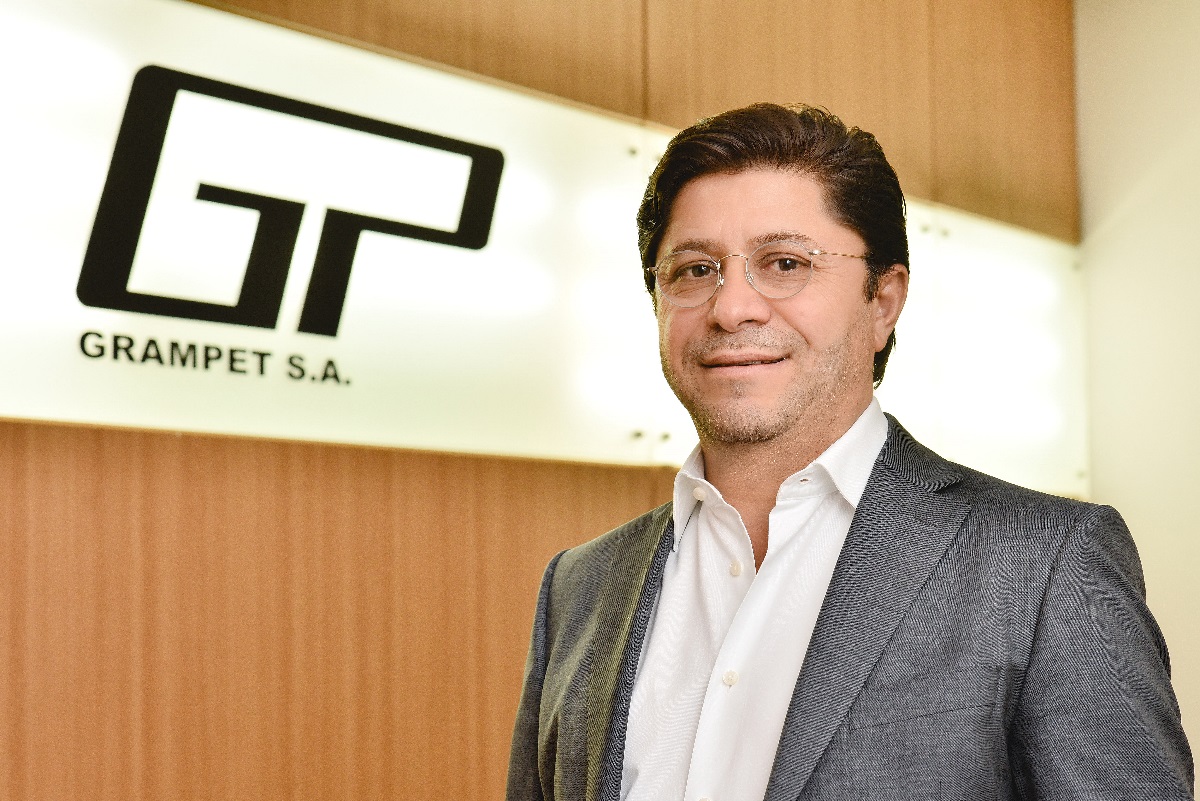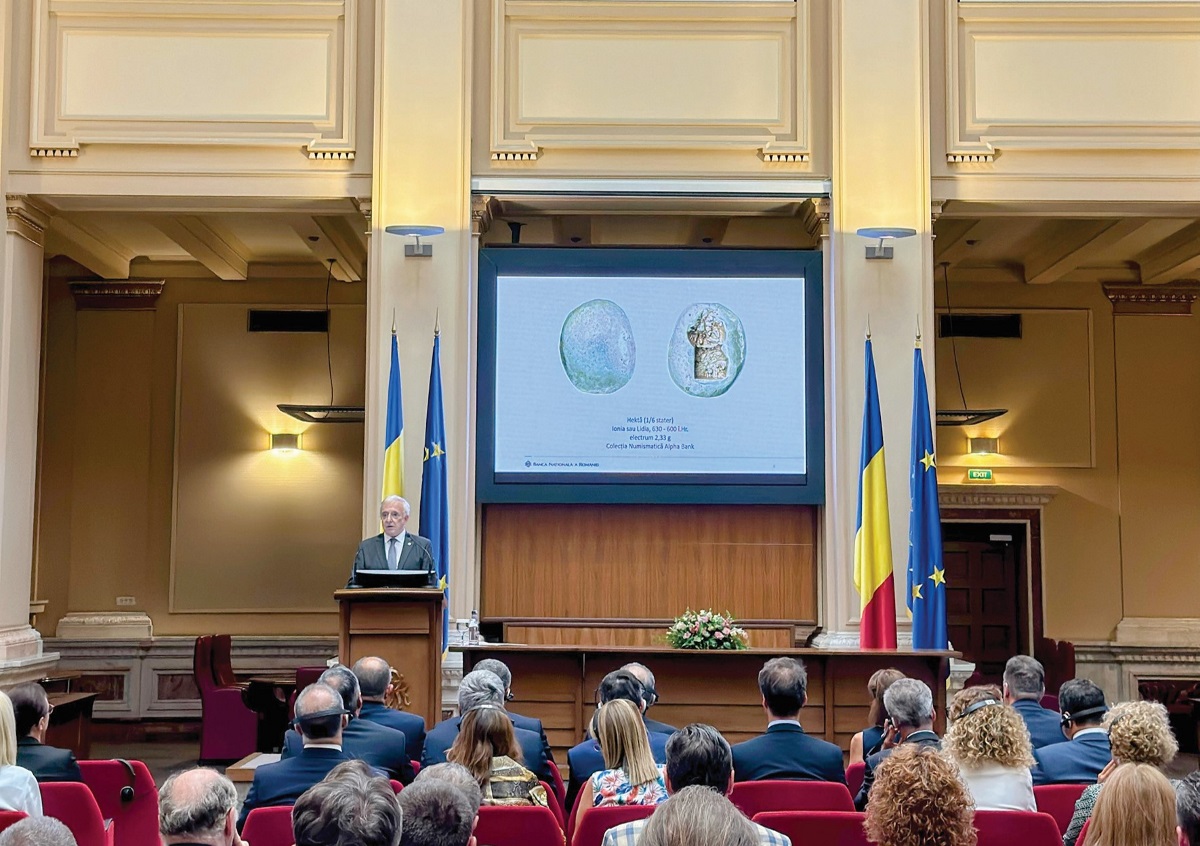
Political instability, adding fuel to the fire of inflation
Foto: AndreyPopov / depositphotos.com
Governing Romania is the fantasy of “great” state people’s petty character who make daily the dusty dust. Trueborn Romanian idiom that practically shows that they do nothing. For nine months the entire country had been tossed – against its will – in the middle of the thrashing for liberal leadership, then another two-three months in the midst of the fight for government, battle full of egos which drove mad all those who were supposed to keep their heads cool and focussed to the sore day-to-day problems. The country continued to deepen into the black hole of the economic and health crisis. For almost a year now, because of the political trumpeting, neither the ambulance sirens, nor the desperate cries of ordinary people, nor the voice of the economy have been heard. And when the trumpets will have stopped and the political dust will have settled, the ordinary Romanians will wake up where they were actually thrown by the political leaders: in the street, in the dust. There, the man waits anxiously for his turn at the doctor’s, there he mourns the dead who never made it to a hospital bed, there he queues for vaccinations and there he counts worriedly his increasingly thinned salary thanks to the inflation that accelerates his deepening into poverty.
Across the West, economic recovery is a tangible reality in the lives of every European, and successful vaccination campaigns are freeing people from the discomfort of restrictive anti-pandemic measures and rebuilding their prosperity. For Romania alone, stopping the pandemic and economic recovery remain an illusion dangled in front of us by a state that has long since turned its back on its citizens. Romania has thus remained covered by a different kind of iron curtain: a curtain behind which it is hit by the deadliest wave of the coronavirus pandemic, a curtain that hides the poverty of the ordinary man, which fosters poverty in education and national health, and a curtain behind which the nothingness of the political class and the intellectual poverty of the petty people who “elected themselves” to do “great things” are displayed day after day. The volatility of the government showcased by the succession of five governments in five years highlights the inability to resolve entrenched political tensions, which increases “the risks of prolonged political and legislative paralysis”.
Such legislative paralysis also results in explosive increases in gas and electricity prices. Romania benefits from significant natural gas deposits under the Black Sea and the possibility of having significant economic partners interested in investing in their exploitation, which would give the country a higher degree of energy security. But the legislative paralysis is holding up the law that would favour the start of the exploitation of natural gas from under the Black Sea and is thus plunging our country into a merry-go-round of extreme prices for natural gas and electricity, a merry-go-round that is mainly driven by the interests of the Eastern monopolies.
There are still nearly 8 billion of us “hydrocarbon people” on Earth and therefore what happens every minute to every molecule of oil (crude or natural gas) directly affects us all. We all feel first-hand how heavy hydrocarbons (to include coal) are hanging over our economy, even though today many are campaigning for decarbonisation and renewables. Oil and inflation are closely related, with oil and natural gas being a major contributor to the economy: they are used in critical activities such as transport, power generation and home heating. And when the cost of entry into an economic chain increases, so does the cost of products at the end of the chain.
In Romania, the annual inflation rate rose to 6.3% in September (against 5.3% in August), with electricity, gas and fuel prices rising the most. In the euro area, the annual inflation rate rose last month to the highest level in 13 years, and the jump in inflation was mainly due to double-digit increases in energy prices: 17.4%. In US as well, inflation remains at its highest monthly level since the 2008 financial crisis, and as the oil and gas industry tries to regain pre-pandemic values, the Federal Reserve (Fed) continues to expand the money supply, which could translate into excess inflation – hyperinflation.
In Europe the lack of natural gas adds fuel to the fire of inflation making energy unaffordable for millions of citizens. The International Energy Agency (IEA) reports that “the acute shortage of natural gas, liquefied gas and coal supplies resulting from the recovery of the global economy has triggered a precipitous rise in energy supply prices and is triggering a massive switch to petroleum products”. According IEA the acute shortage of natural gas is spreading to other markets and the global economy in general, and higher energy prices “are adding to inflationary pressures which, along with power outages, could lead to lower industrial activity and a deceleration in economic recovery.”
In Europe, inflation (or even the hyperinflation) closely connected to oil (and energy) brings to power an empire of poverty, despite the promises of green and prosperous living constantly made by the current European Commission. Millions of people in the EU bloc (including, unfortunately, millions of Romanians) are suffering from poverty caused by rising energy prices, and the number will continue to grow, the European Commissioner for Jobs and Social Rights, Nicolas Schmit, warned the other day. According to Schmit, the European Commission “could help” member countries limit the impact of very high electricity prices on the population, but “the obligation to take action” lies primarily with national governments.
Therefore, before the EU aid comes from Brussels, we should get help from the government in Bucharest. But who in Bucharest knows and can stop the fuel added to the inflation fire? Which government? When the political dust settles, the dust that covers the entire Romanian society becomes obvious.
Daniel Apostol
Share
Share















